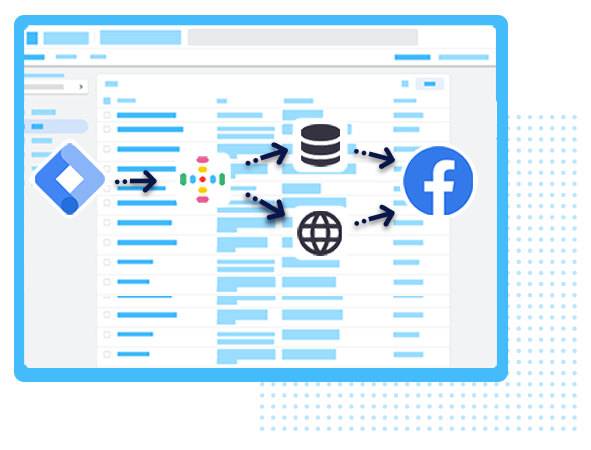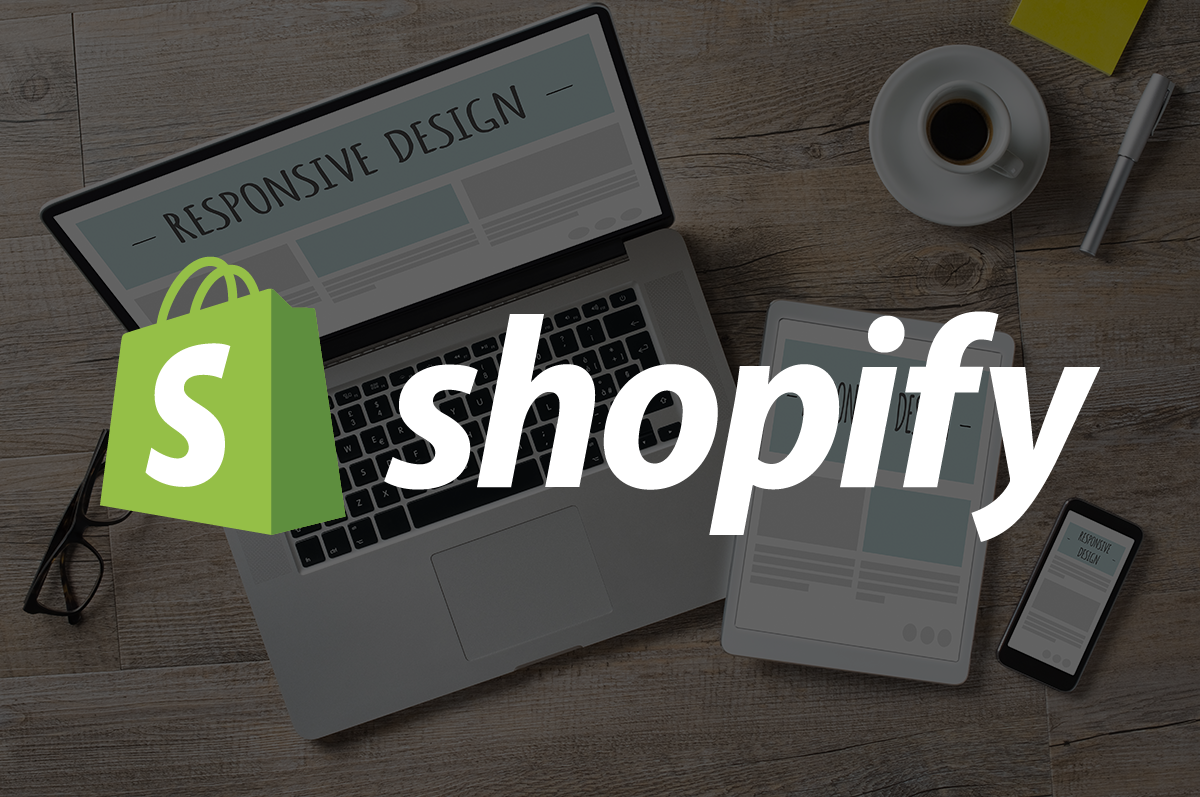
Is it good for the online store to use a Social Media for publicity? Facebook? Instagram? YouTube?
Whether the company is on Facebook, Instagram, TikTok, or another platform, it's important to remember that any form of presence is better than none at all. Build quality content on social media adequately from the early stages of brand development. Understand that customers are constantly browsing social media, and they can easily go to the social media of the online store they want to shop and see what they create. And they will pay special attention to how the online store interacts with other customers and the word of mouth of the online store, which will affect their purchasing decisions. Therefore, the use of social media as a marketing strategy is suitable for most corporate strategies in today's technologically advanced society. In addition to being able to publish content for free, you can also create a loyal customer base.
Reduce marketing/conversion costs, receive feedback on product improvements or releases, create a sense of belonging for audiences, educate customers on how to use products, reduce business stress, understand audience demographics, language and characteristics, use User Generated Content (UGC), building social proof, etc. are some of the benefits that an online store can bring to its use of social media. A successful online store must clearly understand the importance of existing customers.
在這裏小編用研究報告的數據解釋一下,就是成功轉換舊有客戶再購物的機率可能高達70%,而轉化全新潛在客户去購物率為5-20%。 So a social media strategy for engaging with old customers can not only increase conversions, but can also significantly reduce your marketing costs in the long run. Saving more money means you can use that money to expand your business, develop new product lines, and open up new sales channels.
Brands are an important part of business, and social media can make brands more human and more authentic to people. Remember, the vast majority of potential long-term customers are the story behind the purchase. And spending on advertising is to convert new customers, build audiences, grow groups, get to know them and build long-term customer relationships.
In the previous article, the editor mentioned how to choose a platform according to the location of the audience. This time I will analyze it in detail. If it is a new online store, the editor recommends that it is best to choose 1 or 2 social media platforms to start. And to manage regularly, start small and grow to more platforms as necessary. Try to maintain the quality of the content on each new platform, and create it in a suitable time. Remember that it takes time and effort to succeed in a business system without a single step.
那麼如何決定應該從哪些平台開始呢? The answer is simple, find your target customer demographics. This means that online stores need to know who they are trying to attract to shop. Products will not be equally attractive to all visitors, and brands will not be suitable for everyone, so know who the customer group is, and plan accordingly according to the characteristics of the group, so that the online store will be successful.
The following are the characteristics of some social media platforms that Xiaobian has integrated with them, hoping to help each store to determine where target customers spend the most social media time, and choose social media platforms in a targeted manner.
1.66 billion active users
Popular with older groups such as Gen X
Paid ads require a Business Page and a Business Manager account
Enables businesses to gain insight into their audience
Track page views, post reach and new page likes
If SEO is done well, business pages may rank high on Google
Check out the competition to see what works for them.
Connect directly to Shopify on your Facebook page
500 million daily active users and growing rapidly
Popular among the millennial age group of Gen Y and Z
Owned by Facebook, the ad tool is shared with them
A huge user base will surpass Facebook.
Reflects the uniqueness and personality of the brand
Can cooperate with influential KOLs
Use the Facebook sales pipeline to sell products directly on posts.
326 million monthly active users
Popular with the female population in the Gen X and Gen Y age groups
Community building platform
Share updates, industry news and quickly engage with followers
Use trending hashtags for your brand to gain greater visibility
Needs higher daily posting frequency as tweets pass quickly through the feed
300 million monthly active users
Popular among female demographics and millennial age groups
Pinterest is one of the largest website traffic builders in the world
3x more efficient in generating leads than Twitter
Discover what your audience likes by looking at what they want to pin
TikTok
100 million monthly active users
Popular with Millennials and Gen Z age groups: (16-30 years old)
Easily showcase your product or service in a video
Perfect for light-hearted and fun branded content
Businesses that do best on TikTok are fun, engaging and trending
11 million daily active users
Popular among male demographics in the millennial age group
Speak directly to your target audience and get valuable feedback through Reddit.
Understand the needs of your audience
Reddit is underutilized as a platform, but it is the 6th most visited site in the US
YouTube
2 billion monthly active users
The second largest "search engine" in the world
Owned by Google, the world's largest search engine
Popular with all age groups
Editing videos for YouTube can take a lot of time, but it's worth it while growing your business
Create how-to videos to teach your audience how to use your product or service
Provides an excellent platform for partner KOLs to create unboxing videos and showcase their products.
It is therefore important to decide which platform to use based on who your target customers are and what your business needs.
One of the most common mistakes new online stores make on social media is inundating their audience with images of their products, promotions and anything else. Using this method will lose your audience and the opportunity to showcase your product. Remember, the goal here is to grow followers and attract them. People mostly use social media to entertain and learn, often as a stress reliever and to give them the opportunity to be creative and interact with the people and brands they love. Needless to say, they don't want brands to sell their products and sales to them in their spare time. For this reason, online stores should mix content to keep audiences engaged, nurture leads, and give audiences reasons (besides your product) to follow you.
Using the 30-30-30 rule can save a lot of time in deciding what to post. Here's what the 30-30-30 rule approximates
30% of content talks about own brand
It's normal to want to post product photos on social media, but the key here is to be creative, you can include previews of things to come, behind-the-scenes photos or videos, by including photos of yourself, employees or even pets (of course related to the brand). While doing some interesting posts here, one must stick to telling the brand story and sharing what the business is and why it's great to keep it relevant to the business.
It all gives your audience a chance to learn about your brand! This will be well ahead of many new online stores and brands. The more potential customers know and like about their brand, the more they will trust it. The more a brand presents itself in a variety of creative ways, the easier it is for followers to click on the next product link and consider a purchase.
30% talk about others
Find brands that complement your own and share them with your audience. If on Instagram, connect with other brands and suggest sharing each other's posts or products. For example selling handcrafted soap products, consider partnering with a spa, offering them their own products and promoting the spa on Instagram. Use the fact that they offer their products at the spa to advertise.
Consider showing UGC here. The best salespeople are old customers. Word-of-mouth marketing is still the best way to convert new customers. Legacy user content can improve how others see your own brand and product/service. If someone buys an item they absolutely love, they might post it on social media or let their friends and family know, as a positive review. This kind of old customer-generated content is a great way to build social proof and allow new customers to build trust in your business faster.
Add a hashtag to brand trials and ask customers to post content with that hashtag. It's a fun way for others to find their brand and tell their story on social media, but please ask permission before using content created by others.
30% post interesting and engaging content
Ask interesting questions that your audience will love to answer, giving them a chance to chat. It's also a great way to get ideas for future products or services. Post a funny video, if the brand is selling pet products, post a funny video of a dog or cat, if the brand is selling sports apparel, post a video of a snowboarder or water skier. Videos always get more engagement than static images or text on all social media platforms. If you're not sure how to create a video, try a third-party tool that can help create animated slideshows to drive traffic.
The remaining 10%
This 10% should be interactive. When audiences comment on posts, reply to them when appropriate. Of course it’s okay to ignore negative reviews, but it’s best to make potential customers aware of how your online store responds to negative reviews. This is important for customers’ perceptions of the brand, and a brief chat with them increases overall brand engagement. It's great, but also provides an opportunity to understand your audience and then provide ideas for improving your brand. All in all, most potential customers don't respond to a flurry of promotional posts or sales announcements. Relatively many of them will react to posts.
Of course the 30-30-30 approach is not the only strategy. Some other well-known strategies are the 80-20 rule, where 80% is educational/entertainment/engaging content and 20% promotional content. Likewise, the 60-30-10 approach publishes 60% of brand story posts, 30% of products and 10% of legacy user-generated content (UGC). But no matter which method you choose, it takes 110% of the effort. The higher the engagement you get on social media, the more exposure you will get to new audiences and future customers.
I hope the above sharing will help you~




